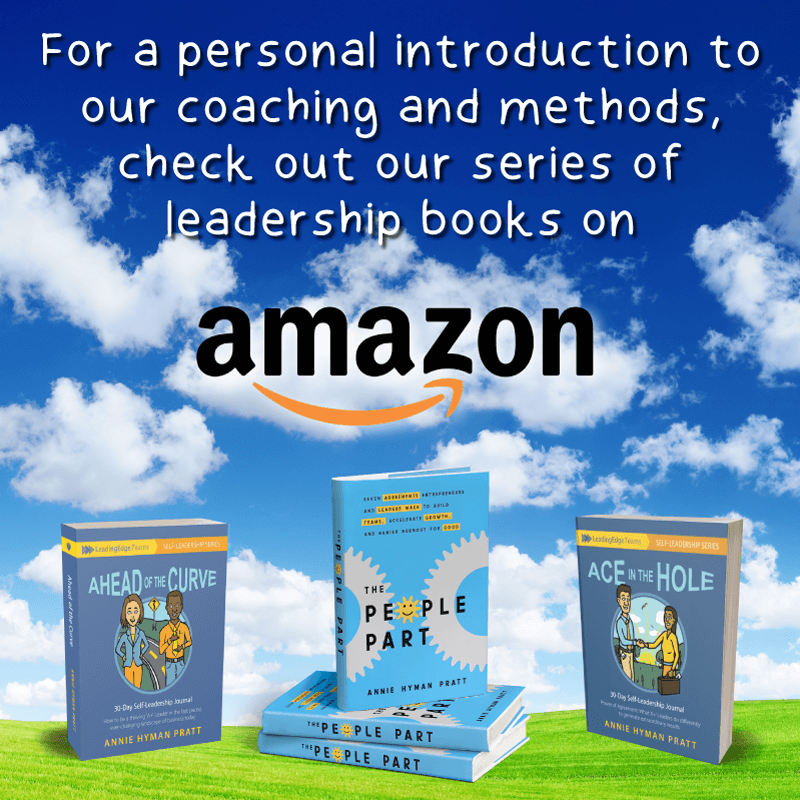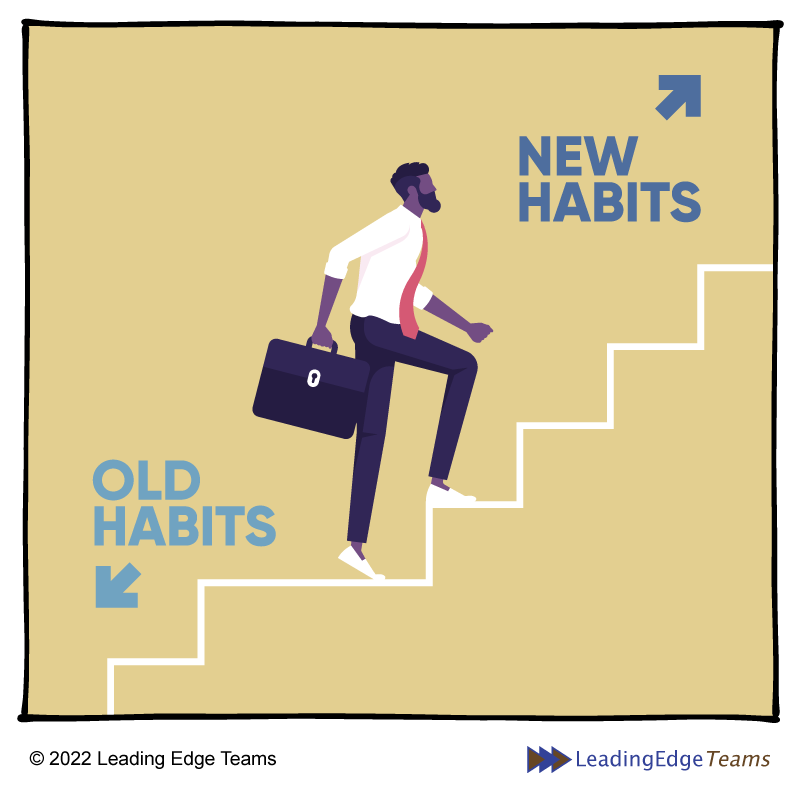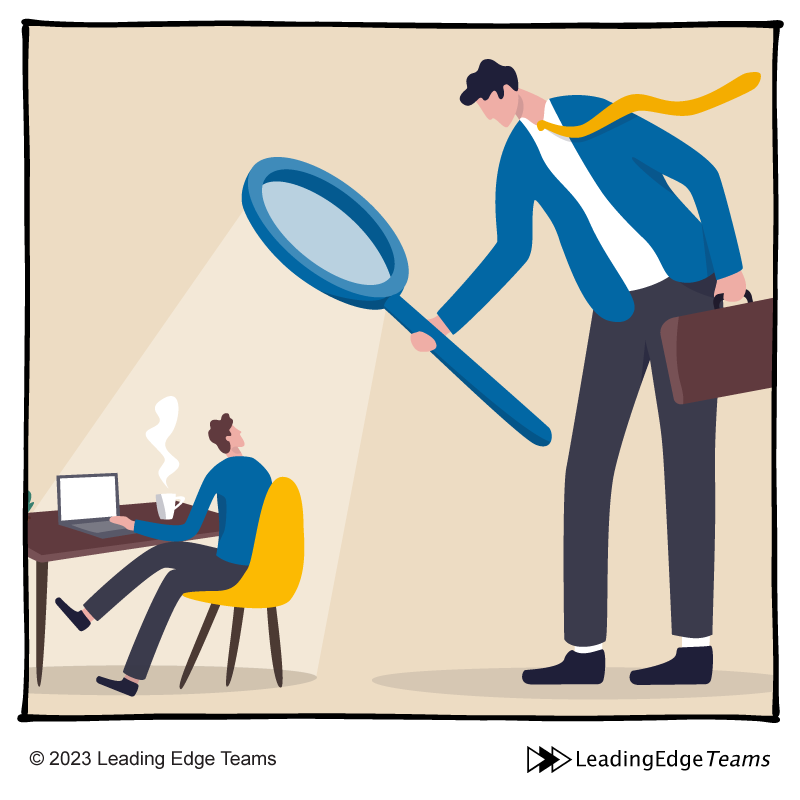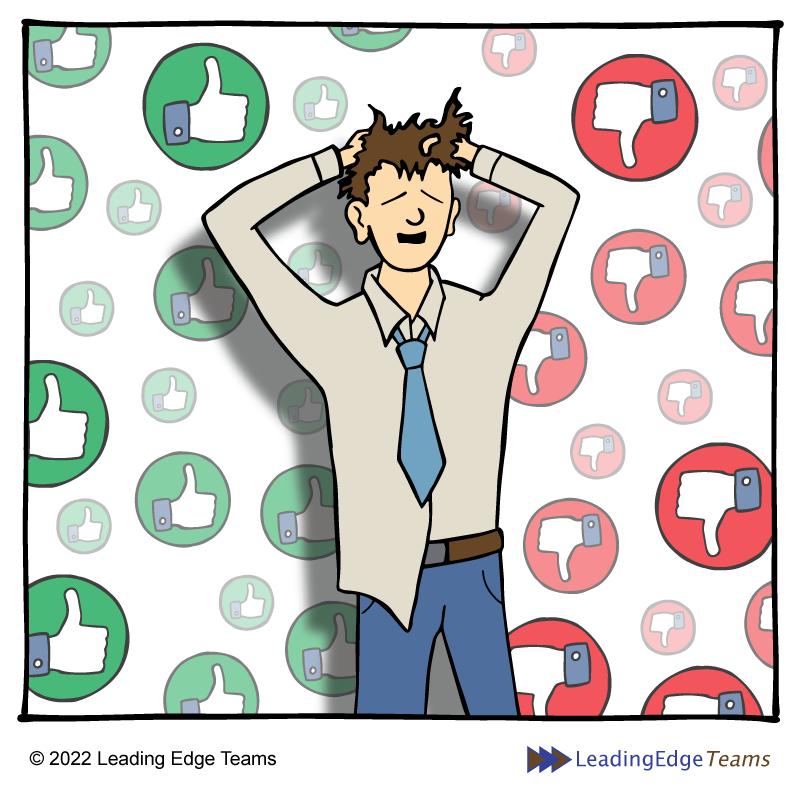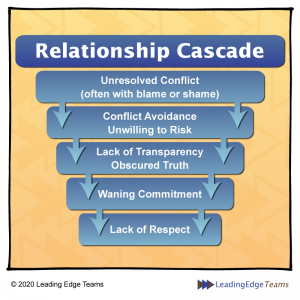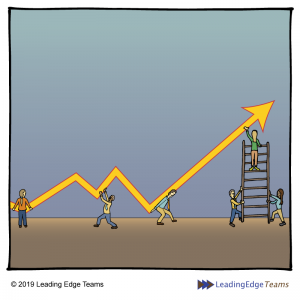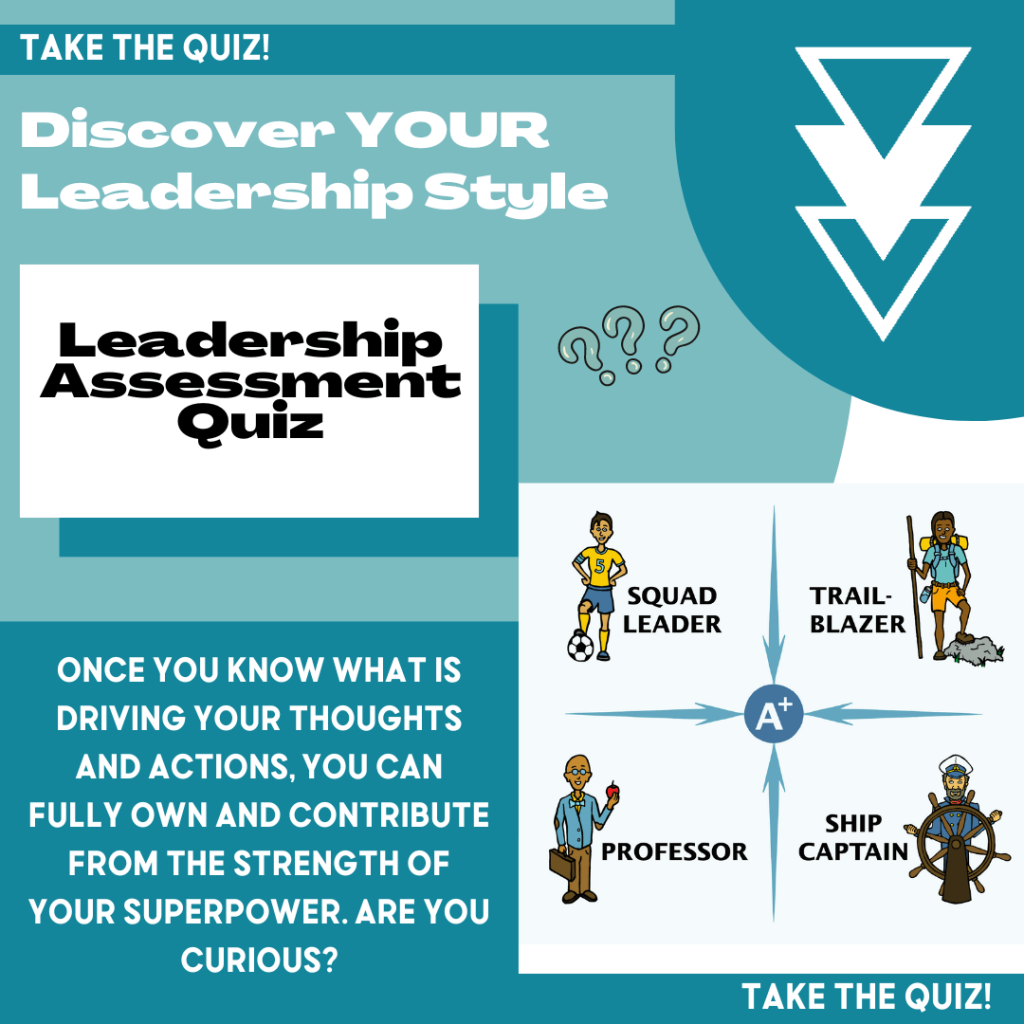Sometimes we don’t realize how much something in our work life has impacted us until we are burned out. I know there’s a lot of talk out there about the importance of self-care, so much so that it may begin to sound like the next fad or buzz-worthy topic. From experience, I can assure you that the potential downside of not implementing self-care is exhaustion and burnout. I’ve been on the exhausted side in my career and it takes far more energy and strength to recover than it would if I’d had a solid self-care plan in place to begin with. I have learned that self-care is non-negotiable.
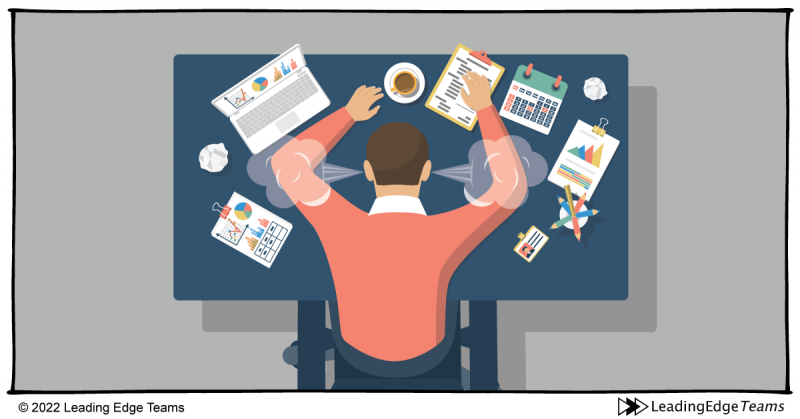
Our team is mighty but small. Each of us plays a vital role in getting things done and driving results, so when one of us is off track or having a hard time, we all feel it…
Mindset
On a recent, pretty high stakes project, I pushed myself hard. It wasn’t until the project was over that I felt the full impact of having pushed myself too hard. What I was not fully aware of until after the fact was that I did the project without having a solid and supportive self-care routine in place. I kept telling myself things like, “I’ll just work until I meet this deadline and take a break when it’s done.” The problem with that kind of thinking was that the end point for taking a break was constantly moving—I never took that extra break. I pushed and pushed, working long hours on the weekend because I knew the project had to get done and thought that the deadlines were hard and fast. The truth was with this big project there were so many components and other people involved, so deadlines and timelines kept shifting from outside of my control. But my mindset stayed the same: “After this is done, I will take a really long luxurious break”.
But here’s the thing…
I was tired and when you’re tired, your best thinking is just not available. You are running on fumes and think you’re doing your best, but your best isn’t available in this state.
MY best wasn’t available.
Yes, the project was completed and a success, but at great cost to my health and well-being. Towards the end, I was often reactive and my zone of emotional endurance was low. It wasn’t that I was always in self-protection—I had moments where I was able to show up in Self-Leadership and move forward with confidence and clarity. It was that I did not ever give myself a full break (or any breaks at all) where I felt completely rested. I was on high alert and running on fumes for far too long and constantly moving the point I’d allow myself a break.
I didn’t have a good, consistent self-care practice in place. If I had, I would have never gone as long as I did during this project without allowing myself the space to decompress and unwind. I was driven by a sense of urgency, (I don’t think I am alone in this) and I kept thinking that taking breaks would distract me from giving my all and doing the best job possible.
Nothing could be further from the truth.
Every single one of us needs breaks and we need them often. Sure sometimes, you may be completely in flow and forget to take a break, but being in a flow is totally different than pushing yourself to keep going.
When we build in self-care and create the space and habit to participate in activities that allow our brains to have a break and recharge, it is the equivalent of filling up our gas tanks with plenty of energy to keep us going. But the tank needs to be refilled over and over…
We need the same. Just like we need to eat and sleep, we need to build in what recharges and refuels us in our self-care routine.
Self-Care
When you feel the urge to keep pushing, try the following instead…
- Ask yourself, “Am I pushing through because I’m really almost done or do I feel like I’m behind?” If you feel behind, take a 5 minute break to recenter yourself. Chances are you have some negative self-talk happening because you’re not as far along as you’d like—AKA self-protection. Reminder: nothing good happens in self-protection.
- Schedule short breaks throughout your work day to take a breath and reset. The length of these breaks depend on your needs and how much you are exerting yourself on a particular project. You may not need as long of a break from simple, easy, and habitual tasks as you do from something that requires complex thinking—but the opposite can also be true depending on how long you’ve been working on habitual tasks—check in with yourself to see what feels best.
- Make a commitment to sign off at a reasonable hour. Sure, sometimes you need to put in a few extra hours because you absolutely need it the next day, but most of our work is a marathon and not a sprint, so honoring your own needs by signing off on time or earlier than normal will help you decompress and recharge.
- Take your weekends off unless you’re in a short term, high stakes project that will be over quickly (for example, a launch or a training that is happening). Give yourself space between your work and non-work life. It’ll help you return fully recharged and ready to go.
- Don’t ignore your body’s signals. Shoulders and neck hurting? Take a break. Eyes tired from staring at a screen too long? Take a break.
The time is now!
Be proactive about your self-care routine and do activities that fill you up and help you recharge on a regular basis. Don’t wait until you’re too tired or too overwhelmed to think about it—make your self-care a priority and make sure it’s non-negotiable.
The time is now to make your well-being and needs a priority.
To your self-care and health!
Coach Heather




